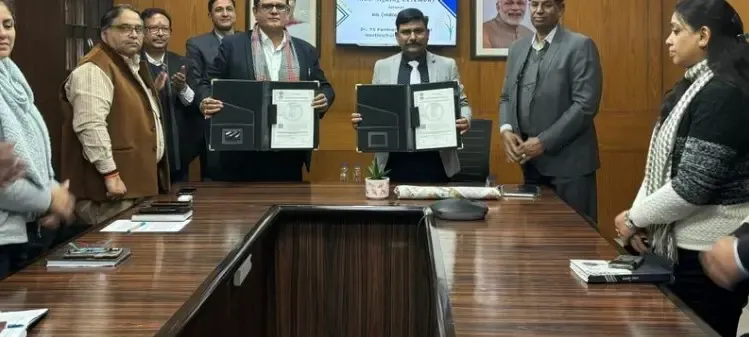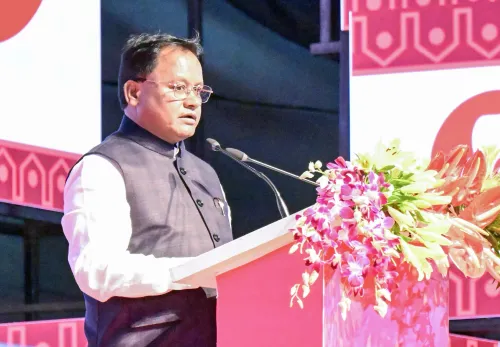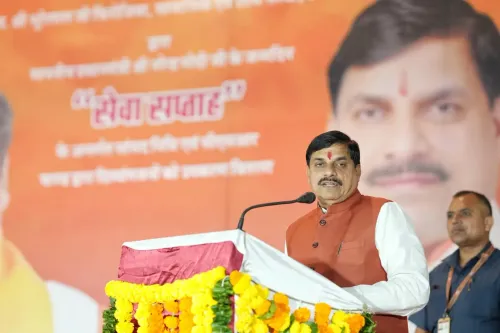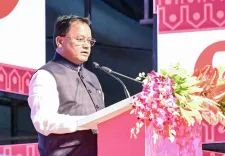Himachal University Partners with HIL to Advance Natural Farming

Shimla, Jan 7 (NationPress) Y.S. Parmar University of Horticulture and Forestry (UHF) located in Nauni, Himachal Pradesh, has officially signed a memorandum of understanding (MOU) with Hindustan Insecticides Ltd. (HIL) to advance the cause of natural farming across India, as announced on Monday.
This agreement paves the way for the collaborative execution of the Global Environment Facility (GEF) and the United Nations Industrial Development Organisation (UNIDO) Regional Child Project, which aims to diminish and manage the use of agrochemicals via the Fostering Agrochemical Reduction and Management (FARM) initiative in India.
HIL, a public sector enterprise functioning under the Union Ministry of Chemicals and Fertilisers, specializes in the production of agrochemicals, seeds, and water-soluble fertilizers.
This partnership signifies a groundbreaking move by a company historically associated with the manufacture of agrochemicals and fertilizers to proactively endorse natural farming methodologies nationwide.
The MOU was executed by R.S. Chandel, Vice-Chancellor of UHF, and Kuldeep Singh, Chairman and Managing Director of HIL.
The FARM project's primary aim is to provide safer alternatives to chemical pesticides and to advocate for integrated pest management (IPM) practices, including natural farming, among the agricultural communities in India.
The initiative aspires to transition 1.5 million hectares of agricultural land from traditional chemical farming to organic and natural farming techniques, thereby shielding 1.5 million individuals from the dangers associated with harmful pesticides.
Y.S. Parmar University of Horticulture and Forestry, recognized for its proficiency in agroecology and natural farming, is also an integral part of the European Union-funded ACROPICS consortium.
This consortium, comprising 15 members from 13 countries, seeks to minimize chemical pesticide usage through innovative agroecological crop protection strategies.
The Global FARM Project, initiated by governments in Ecuador, India, Kenya, Laos, the Philippines, Uruguay, and Vietnam, is designed to establish a regulatory and financial framework aimed at detoxifying the agricultural sector.
Guided by the UN Environment Programme and backed by the Global Environment Facility, the project is executed by the Asian Development Bank, UNDP, and UNIDO, with implementation managed by FAO and pertinent national institutions.









